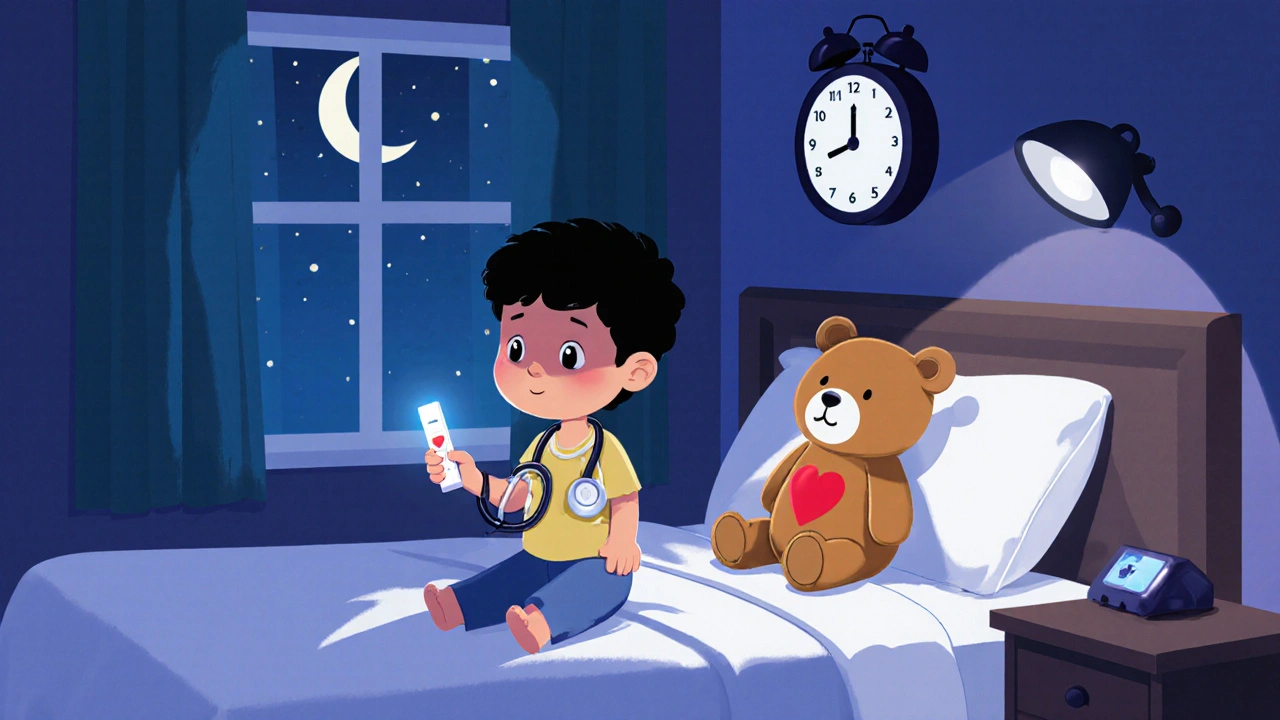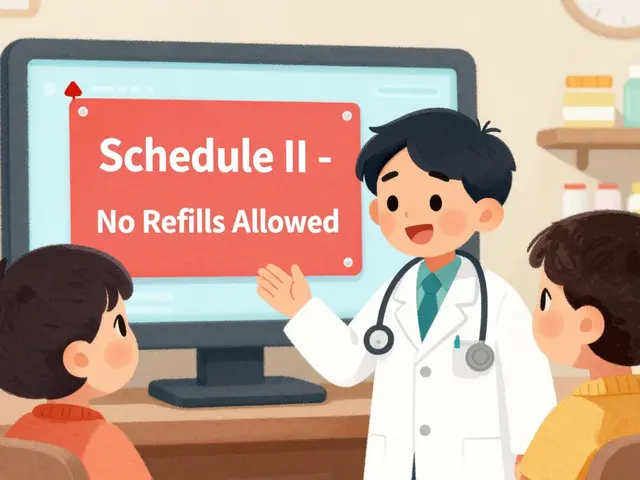Blood Thinner Help: What You Need to Know About Safety, Interactions, and Alternatives
When you're on blood thinners, medications that prevent dangerous clots from forming in your blood vessels. Also known as anticoagulants, they're prescribed for conditions like atrial fibrillation, deep vein thrombosis, or after a heart valve replacement. But they’re not simple pills—you can’t just take them and forget them. A single glass of grapefruit juice, a new supplement, or even a change in your leafy green intake can throw your whole regimen off balance. That’s why blood thinner help isn’t just about taking your pill—it’s about understanding how your body reacts to everything else you put in it.
Many people don’t realize that common foods, herbal products, and even over-the-counter pain relievers can interfere with how blood thinners work. For example, warfarin, a widely used anticoagulant that requires regular blood monitoring reacts strongly with vitamin K-rich foods like kale and spinach. Too much vitamin K makes it less effective; too little raises your risk of clots. Then there’s aspirin, a common painkiller that also thins blood and can dangerously amplify the effects of prescription anticoagulants. Even kombucha, thanks to its trace alcohol, can mess with how your liver processes these drugs. And let’s not forget drug recalls—like the Valsartan-Hydrochlorothiazide recall, a blood pressure combo that sometimes overlaps with anticoagulant use—you need to know if your meds are safe right now.
There’s no one-size-fits-all approach. What works for someone on rivaroxaban might be risky for someone on clopidogrel. Some people need frequent blood tests; others don’t. Some can eat normally; others must track every meal. The key is knowing your specific medication, your body’s response, and what to watch for—like unusual bruising, nosebleeds, or dark stools. You’re not just managing a drug—you’re managing your life around it. That’s why the guides below give you real, practical advice: how to spot dangerous interactions, what supplements to skip, how to talk to your doctor about alternatives, and what to do if you miss a dose. These aren’t theory pieces—they’re the kind of tips people wish they’d known before ending up in the ER.




